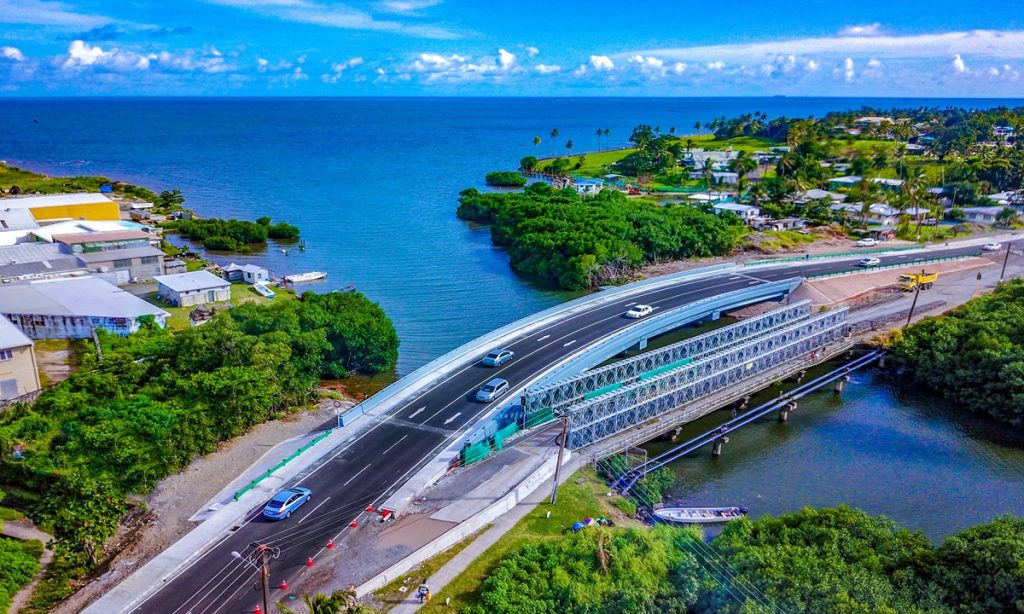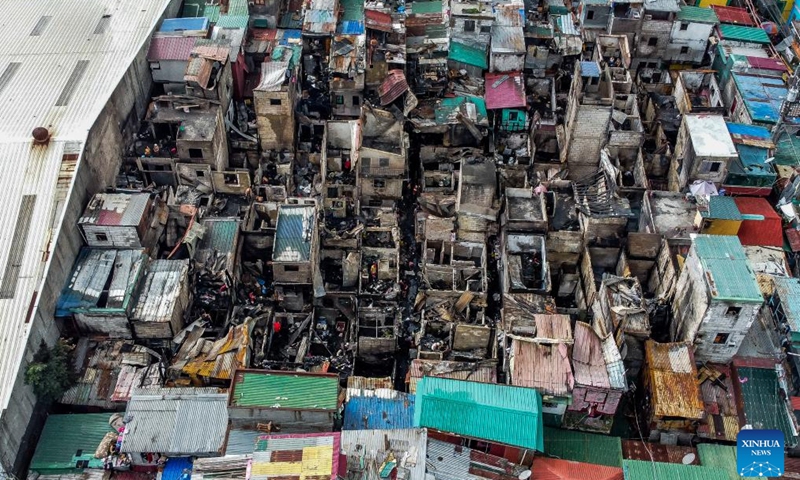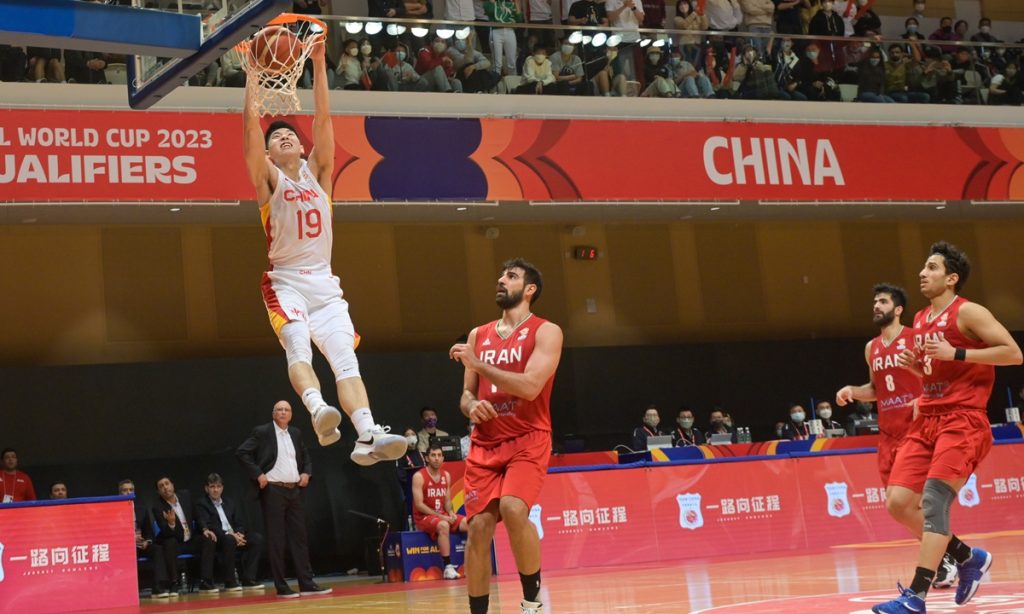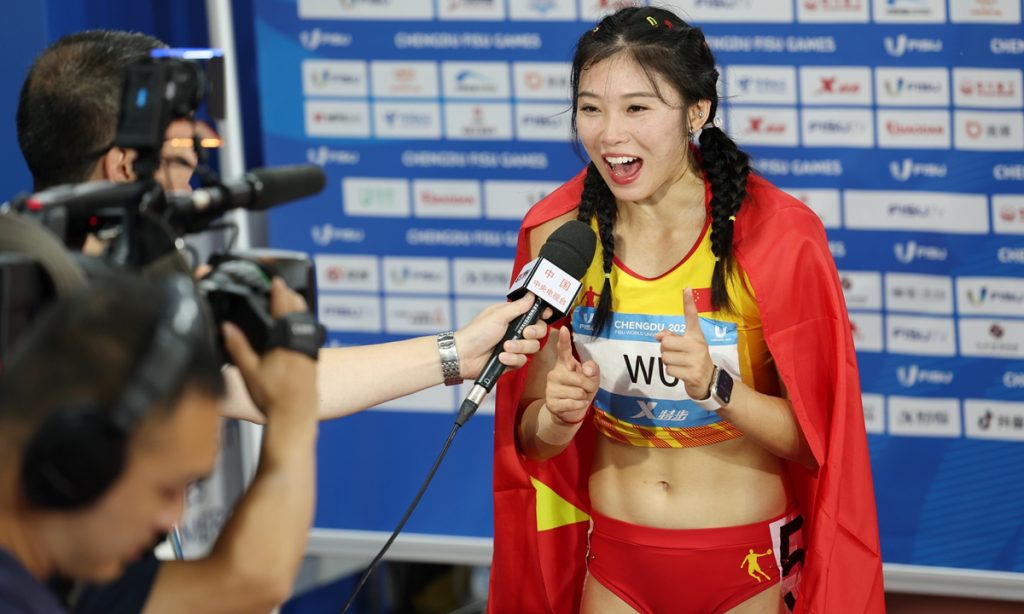Secessionist Jimmy Lai faces trial
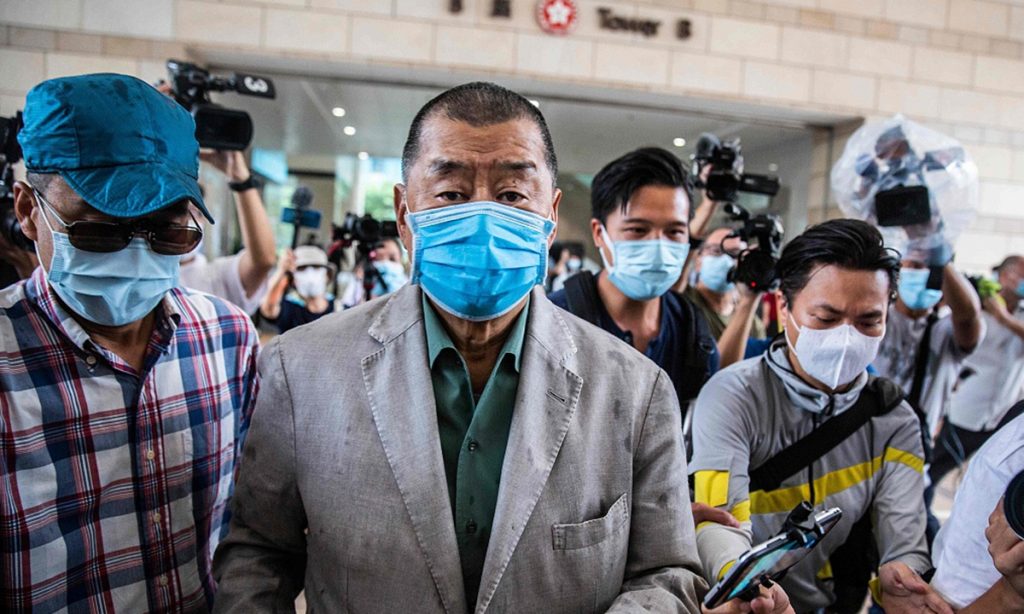
With the highly watched trial of secessionist media tycoon Jimmy Lai taking place on Monday at West Kowloon Court, some Western politicians and media have exploited this occasion to smear the National Security Law (NSL) for Hong Kong and badmouth the rule of law in the city. Officials from both the Chinese mainland and Hong Kong have called these criticisms blatant interference in China's internal affairs, adding that any attempts to slander, disrupt and sabotage the NSL for Hong Kong will never succeed.
Lai, wearing a light gray suit jacket, was escorted into the courtroom on Monday morning. Presided over by three national security law designated judges, the prosecution's first charge was "conspiracy to print, publish, sell, offer for sale, distribute, display, or reproduce seditious publications."
The three judges overseeing Lai's trial are Madam Justices Esther Toh Lye-ping and Susana D'Almada Remedios, and Mr Justice Alex Lee Wan-tang, according to Hong Kong media.
Lai, along with three companies related to Apple Daily and six former senior executives of Apple Daily, are charged with conspiring to collude with foreign or external forces to endanger national security and conspiracy to publish seditious publications. In addition, Lai faces two charges of violating national security laws, including conspiring with individuals such as wanted fugitive Andy Li Yu-hin and others to collude with foreign countries or overseas forces. The trial is expected to last 80 days.
Representatives from the consulates of more than 10 countries, including the US, the UK, Australia, Canada, and the EU, were also seen lining up to wait for tickets to enter the court to observe the trial, some local media said.
At a press conference on Monday, Wang Wenbin, spokesperson of the Chinese Foreign Ministry, said Lai is a major mastermind and participant of the anti-China riots in Hong Kong. "He is an agent and pawn of the anti-China forces, and the person behind the riots in Hong Kong. What he did was detrimental to Hong Kong's prosperity and stability and the wellbeing of the people in Hong Kong. The Hong Kong law enforcement and judicial authorities have handled and tried the case in accordance with the law."
As for the US' and UK's statements, making such irresponsible comments on an ongoing judicial process is against the principle of the rule of law, the international law and the basic norms governing international relations, Wang said. "This is politically motivated and one hundred percent double standard. China firmly rejects this."
Some legal experts in Hong Kong say that despite of international political and public opinion pressure, the trial will become a classic case in upholding national security in Hong Kong, fully reflecting the independence of the city's judiciary, the spirit of the rule of law, and the professional integrity of its judges.
Evidence is demonstrated in the courtroom, witnesses are subpoenaed and cross-examined by both the prosecutor and the defendants' counsels and the court hearing is open to the public, and thereby a fair and just trial is secured, Chu Kar-kin, a veteran commentator based in the HKSAR and member of the Chinese Association of Hong Kong and Macao Studies, told the Global Times on Monday.
The verdict is determined by law and by facts. An appeal mechanism is available in Hong Kong, and defendants can appeal against convictions and sentencing, Chu said.
"The legal system in Hong Kong is based on the rule of law and so-called 'political prosecution' never exists in this jurisdiction."
"I think the US and the West have double standards, because Hong Kong relies on the rule of law. Since someone has violated the law, they must be punished," former member of the Standing Committee of the National People's Congress Tam Yiu-chung told the Global Times on Monday.
"No matter what his background is, he must be prosecuted according to legal procedures. Other countries should not interfere in this matter and should not affect the work of the law," Tam said.
Lai's case also has a milestone significance, some experts said, as it shows that challenging national security and violating national security laws are absolutely not allowed, and all those who violate the law will be punished.
While the US and the West talk about the rule of law, they are using Lai's case to wreak havoc on Hong Kong's rule of law and judicial independence, a spokesperson from the Commissioner's Office of the Chinese Foreign Ministry in Hong Kong said on Monday.
Their "clever excuses" for criminals have no other use than adding more evidence to Lai's charges of colluding with external forces, the spokesperson said.
